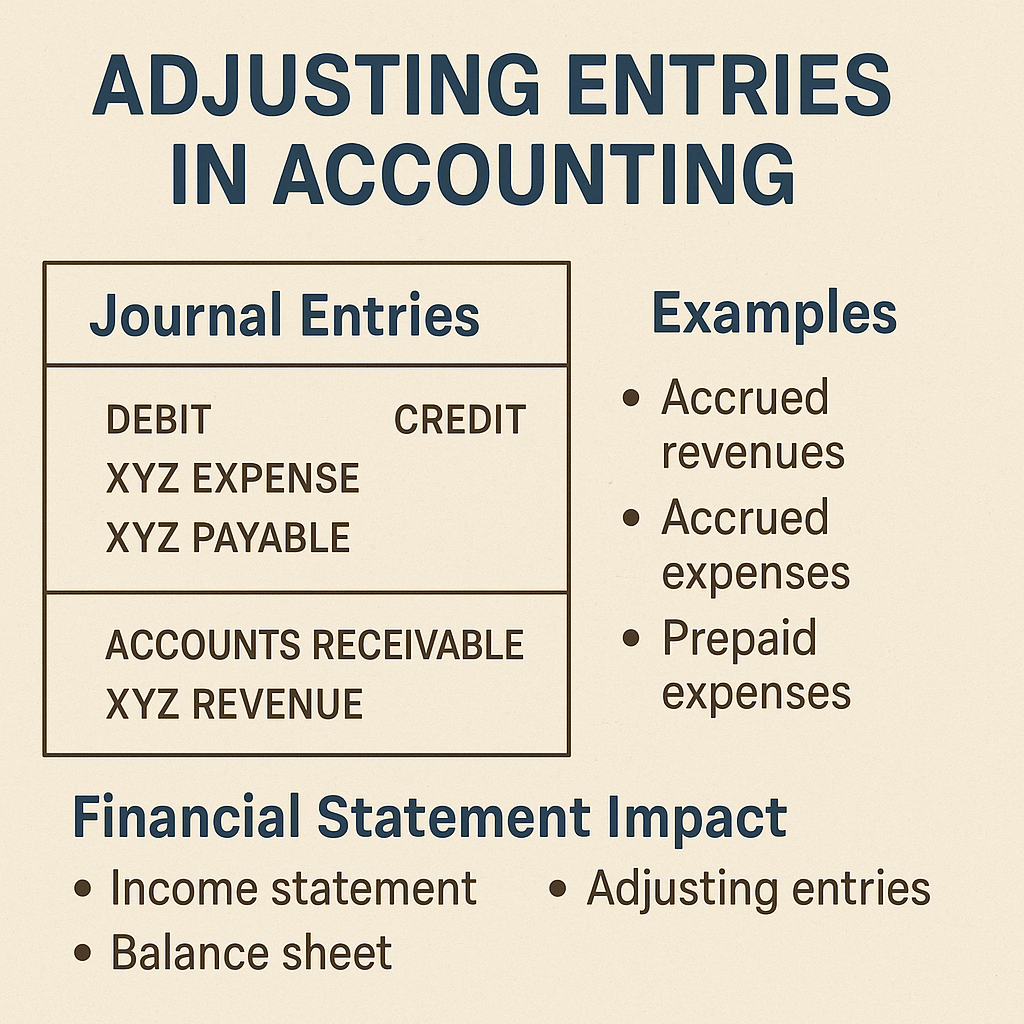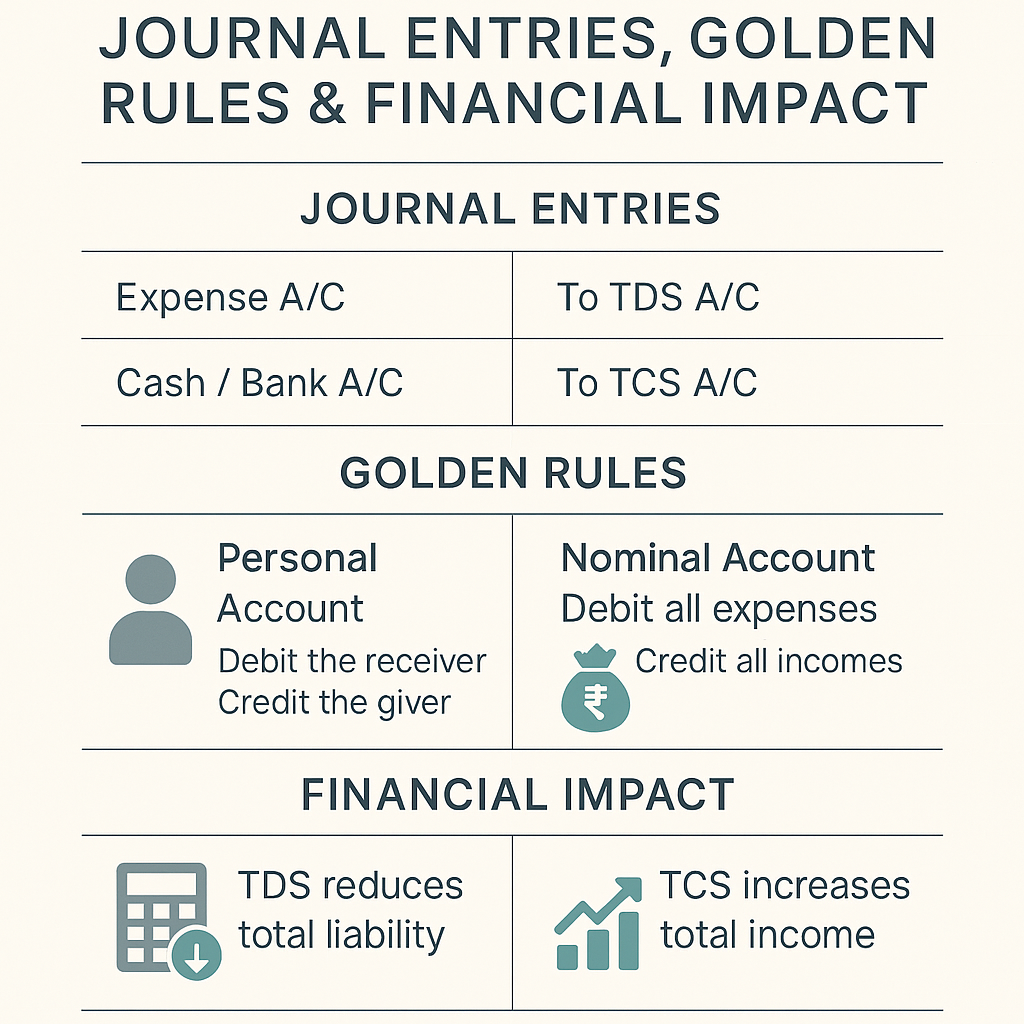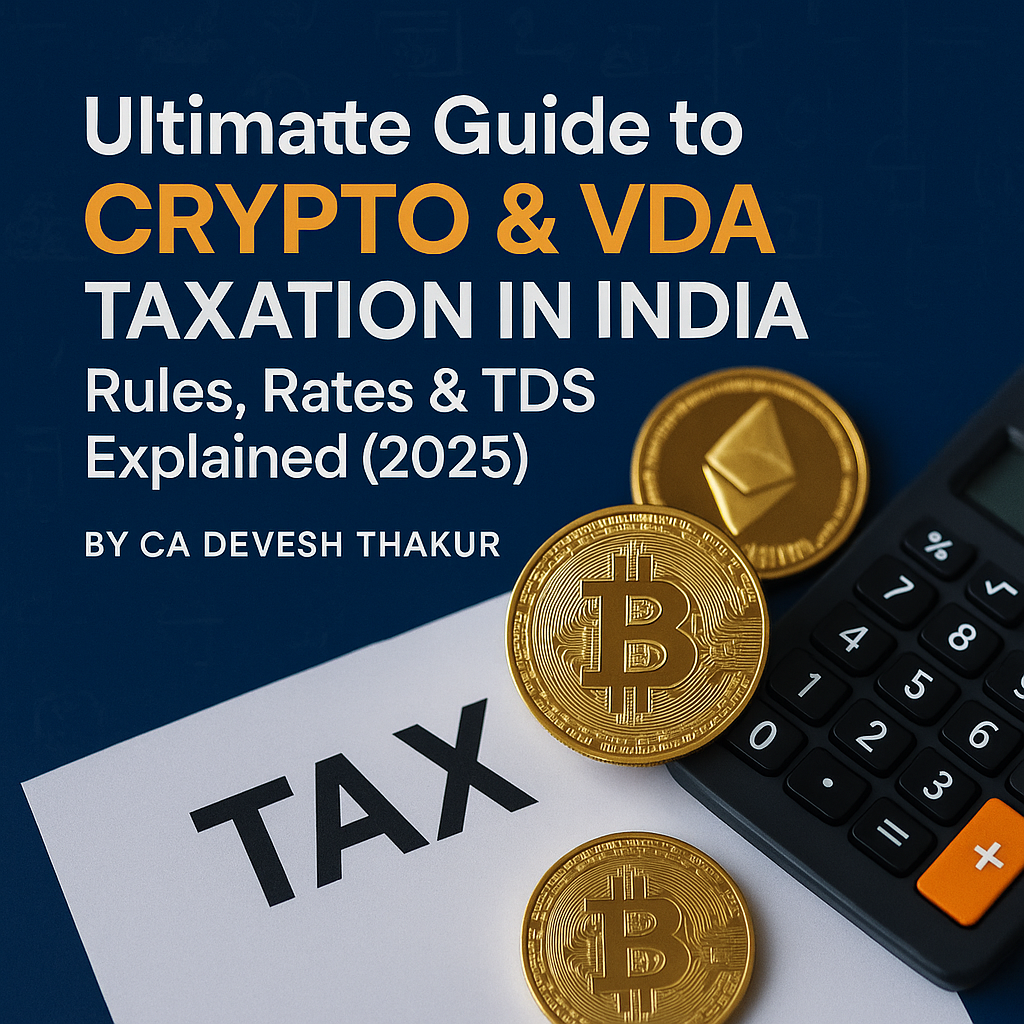Income from Other Sources:
Income from Other Sources is a broad category in the Income Tax Act that includes any income not covered under the heads of Salary, House Property, Business or Profession, or Capital Gains. Let’s explore various examples and important case laws related to Income from Other Sources:
- Examples of Income from Other Sources:
- Interest Income:
- Example: Interest earned on savings accounts, fixed deposits, or loans given.
- Tax Treatment: Fully taxable. Deduction up to Rs. 10,000 under Section 80TTA for interest on savings account.
- Dividend Income:
- Example: Dividends received from investments in shares or mutual funds.
- Tax Treatment: Tax-free in the hands of the recipient.
- Rental Income from Machinery or Plant:
- Example: Rent received for leasing out machinery or plant.
- Tax Treatment: Fully taxable.
- Gifts above Rs. 50,000:
- Example: Receiving gifts in cash or kind exceeding Rs. 50,000 in a financial year.
- Tax Treatment: Taxable as income.
- Income from Winning Lotteries or Gambling:
- Example: Winning a lottery or income from gambling or betting.
- Tax Treatment: Fully taxable.
- Family Pension:
- Example: Pension received by family members after the death of the pensioner.
- Tax Treatment: Taxable but eligible for standard deduction.
- Royalty Income:
- Example: Income earned from allowing others to use intellectual property.
- Tax Treatment: Fully taxable.
- Commission Income:
- Example: Income earned as a commission for sales or services.
- Tax Treatment: Fully taxable.
- Insurance Commission:
- Example: Commission received by insurance agents.
- Tax Treatment: Fully taxable.
- Annuity Income:
- Example: Regular payments received from an annuity plan.
- Tax Treatment: Taxable as income.
Income from House Property with Examples and Case Laws
Important Case Laws:
- CIT vs. Smt. P.K. Noorjahan (1999):
- Significance: The Supreme Court held that gifts received from relatives are exempt from tax. However, if received during marriage, the exemption extends to gifts from non-relatives as well.
- CIT vs. Shoorji Vallabhdas & Co. (1962):
- Significance: The Supreme Court emphasized that the term ‘profits and gains’ in Section 56 includes all sources of income unless expressly excluded.
- CIT vs. R. Chellappan (2014):
- Significance: The Kerala High Court clarified that family pension is taxable under the head ‘Income from Other Sources’ but is eligible for the standard deduction.
- CIT vs. Smt. Kusumben D. Mahadevia (1980):
- Significance: The Gujarat High Court held that interest received by a widow from the family property would be taxable as ‘Income from Other Sources.’
- CIT vs. Smt. Bimla Bhatia (2017):
- Significance: The Delhi High Court held that if the assessee can establish that the amount received is a capital receipt and not income, it won’t be taxable under ‘Income from Other Sources.’
- CIT vs. Smt. Leela Ghosh (1981):
- Significance: The Calcutta High Court ruled that gifts received during a marriage ceremony are exempt from tax, irrespective of the relationship between the donor and donee.
- CIT vs. Kamalini Khatau (2017):
- Significance: The Bombay High Court clarified that the receipt of gifts by a Hindu Undivided Family (HUF) from its members is not taxable.
- CIT vs. Raj Kumar Varshney (2019):
- Significance: The Delhi High Court held that interest received on income tax refund is taxable under ‘Income from Other Sources.’
- CIT vs. Ritu Singal (2010):
- Significance: The Punjab and Haryana High Court ruled that rental income from agricultural land is taxable under ‘Income from Other Sources.’
- CIT vs. Harnarain Sharma (2002):
- Significance: The Delhi High Court held that income received as a gift in contemplation of death is not taxable under ‘Income from Other Sources.’
Understanding these examples and case laws is crucial for taxpayers to ensure proper compliance with tax regulations and optimize their financial planning. It is advisable to seek professional advice for specific situations and evolving tax laws.






